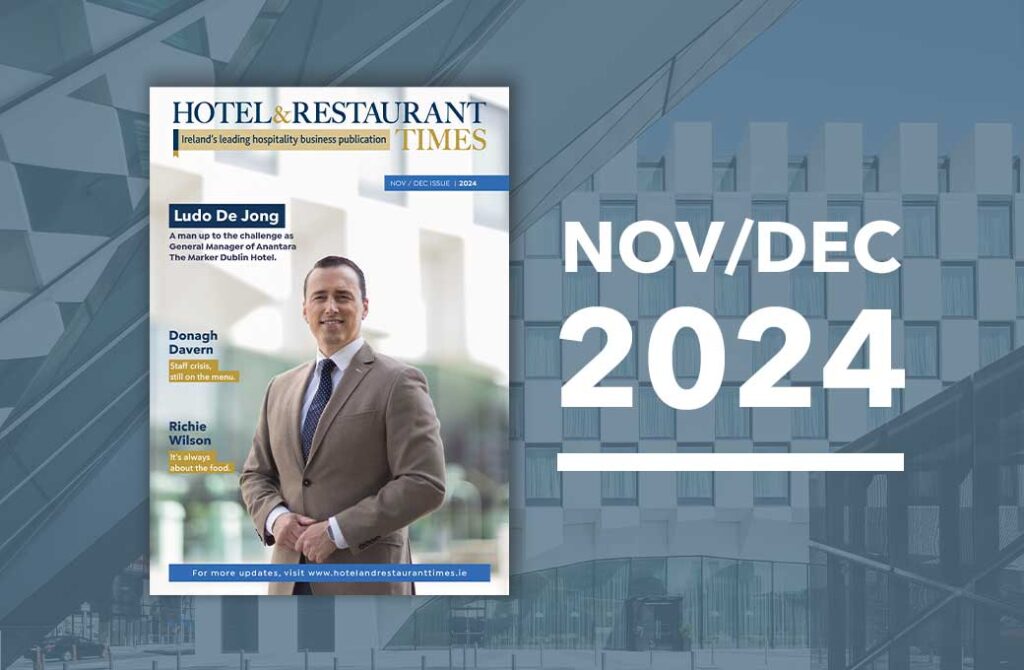
Tinkering at the edges
The recent tragic death of a Canadian tourist after what seems to have been an unprovoked attack was something I never wanted to hear or read about. I’m sure the general public were equally shocked by this senseless act. This heinous act of violence exasperates the reality of how unsafe our cities and large urban areas have become. Like a lot of people, I have experienced and witnessed the lack of visible Garda presence on our streets and tourist attractions throughout the country. I am not advocating a police state, but feel the lack of Garda personal on the beat and on our streets is assisting in ever-increasing lawlessness.
I was recently fortunate to visit a number of our European neighbours: Barcelona and Nejra in Spain, and Munich in Germany. Barcelona is in the news regarding the concern of local people around over-tourism. I can attest to this scenario. When I visited in January, it was impossible to obtain access to the must-see attractions the city offers. It was extremely busy and chaotic at some of those sights. That said, I didn’t feel in any way unsafe or anxious for my wellbeing or safety. There was a visible police presence in most areas I visited – and these police were visible on most streets and large shopping areas.
More recently I visited Nejra and Munich. Nejra is a well-known tourist destination for Irish people and has a vibrant offering of attractions. The restaurants stay open and serve until around 10 am, after which people can party at clubs in the area. Police presence was evident and visible on all the main thoroughfares and environs. The overall experience was one of feeling safe and not on my guard.
My trip to Munich coincided with the Euros and was a different situation. At the start of my visit, Denmark and Serbia were playing. The town centre was crammed with supporters from both teams and the Serbs were the more boisterous and loudest. A subtle police presence was visible: groups of strategically positioned officers. As the afternoon went on the loutish behaviour became more worrying and unpleasant, with drink-fuelled Serbian supporters commandeering the town centre.
It was quite frightening to try and navigate the centre and apparent it wouldn’t take much to change the situation to something more sinister. At that point, police in full riot gear emerged and formed pods in and around the square. The unspoken word was that no unsavoury behaviour was going to be accepted. As we left the police began moving fans towards the Metro stations and ensuring they vacated the area. Nobody tried to confront this zero-tolerance position taken by the authorities for law breaking or disruption.
When you consider how we police our cities and large urban areas it is not rocket science to recognise the glaring problem. During the Europa and GAA there was a visible Garda presence. This was acknowledged by Tourist SOS, a newly named tourism support organisation: the Garda numbers created a safer environment for those attending the events.
CEO of Tourist SOS, Lisa Kennedy, said in an interview: “With the Europa Cup Final recently, we saw a lot of Gardaí on the street and it shows that it does have an effect on people’s behaviour. I do think that a physical presence is important and I think that it does add to the feeling of reassurance and the security of people.” Boots on the street: pure and simple. No excuses, no prevaricating, action and action now.
A strange and maybe concerning scenario emanating from Europe is the targeting of destination hotspots, such as Barcelona, Rome, Canaries and Venice by locals who are tired of the tourism boom and impact on the local population. People in restaurants have been sprayed with water by locals. Authorities in Rome have imposed fines for sitting on the Spanish Steps, an iconic landmark. A daytrip visitor fee is now in place for visitors to Venice.
Airbnb is also seen as a major contributor to a number of ills: from attracting boozy groups, partying raves and reducing the amount of rental property for locals and workers in tourism regions. Hoteliers have long questioned how Airbnb operators are allowed disrupt the sector, especially considering the lack of monetary offering they contribute to marketing and promotion in the regions they are based in. Barcelona has targeted these operators and is now putting a restriction on the number of days they can lease short lets in the course of a year.
Maybe it is time to look at the elephants in the room in Ireland, stop tinkering around the edges, and get serious about these issues.















